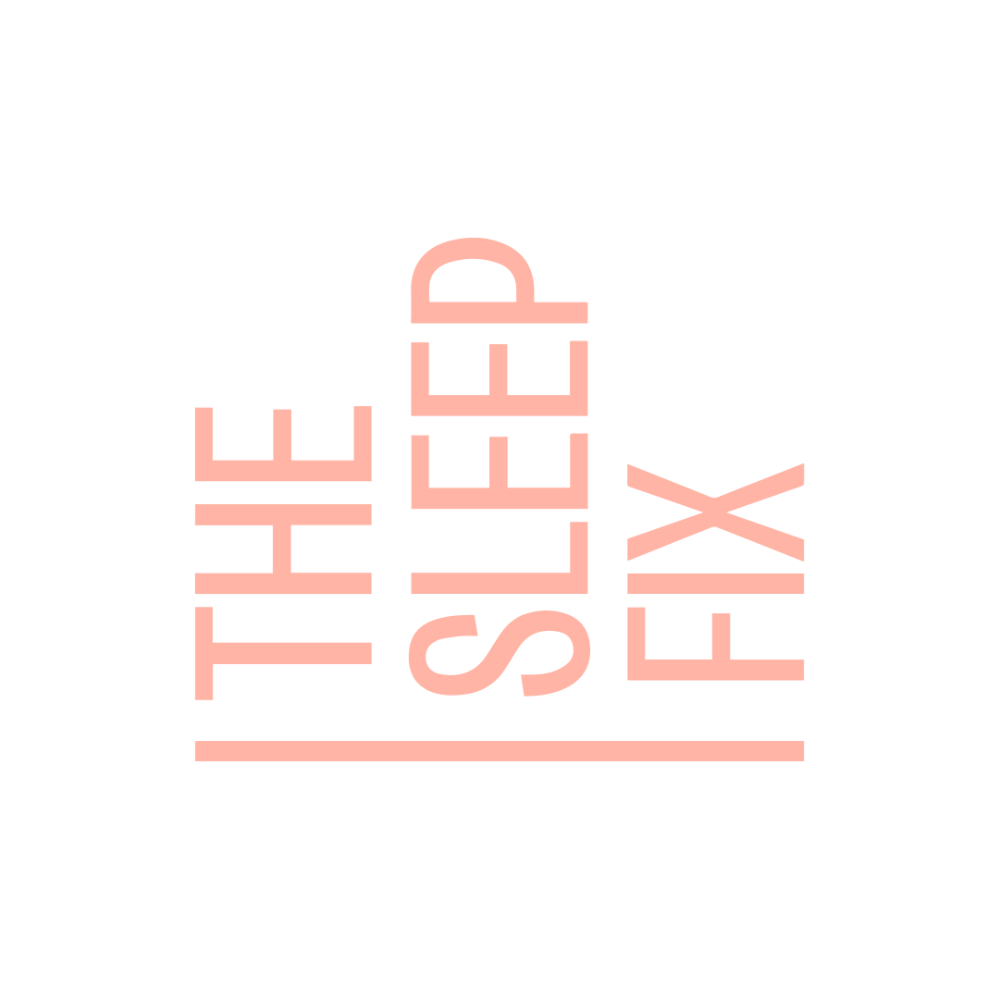8 Sleep Tips for Back-to-School Season

Back-to-school season can be an exciting time, but it can also bring about stress and disrupt sleep patterns. Without those early school start times and given those late sunsets, it's hard to resist staying up a little later and sleeping in a little later whenever possible. But as the summer break comes to an end, it's important to establish healthy sleep habits to get back in the swing of things and help set you and your kids up for a smooth transition into the new school year.
Below are some effective strategies to help you sleep well during the back-to-school season.
1. Establish a Consistent Wake-Up Time
One of the most crucial steps in getting a good night's sleep actually starts when you wake up. Think about what time you'll have to wake up once school starts and try to stick to within 45 minutes of that every morning (including weekends) to get your body used to that schedule. If there's a big gap between your current wake-up time and your target wake-up time, consider gradually moving your wake-up time earlier and earlier so your body adjusts more easily. Also, try to expose yourself to bright light (ideally sunlight) at your desired wake-up time. This helps regulate your body's internal clock, which helps you feel more awake in the morning but also helps you feel sleepy at the same time every night.
2. Create an Enjoyable Bedtime Routine
Developing an enjoyable, relaxing bedtime routine can signal to your body that it's time to wind down and prepare for sleep. This could include reading a book, taking a warm bath, or practicing relaxation techniques like deep breathing or meditation, but it could also just be lounging on the couch and watching tv. For kids, bath time is often an enjoyable ritual and has other sleep-promoting properties, the same for storytime. But if your kid hates bath time, consider doing it at a different time of day and finding something more enjoyable during their bedtime routine. There's no one-size-fits-all here; do what works best for your family!
3. Create a Sleep-Friendly Environment
Your sleep environment plays a significant role in the quality of your sleep. Try to make your bedroom roughly 2 degrees cooler than the rest of your home, as dark as safely possible, and consider using a sound machine to drown out any sleep-disrupting noise. If your kids like a night light, experts generally recommend an orange or red bulb rather than a white one, to minimize sleep disruption.
4. Beware of "Sneaky Caffeine"
Consuming caffeine and sugary foods or drinks close to bedtime can interfere with your ability to fall asleep and stay asleep. Avoid consuming these substances at least four to six hours before bedtime. And remember, coffee's not the only drink with caffeine in it. So be sure to check the labels of any other beverages you or your kids are consuming to ensure they don't contain any sneaky caffeine.
5. Manage Stress and Anxiety
The back-to-school season can bring about stress and anxiety, making it difficult to relax and fall asleep. Find healthy ways to manage stress, like our free Racing Mind Reset tool. If you struggle with racing thoughts at bedtime, this can be a game changer.
6. The Four D's
As humans, we're basically solar-powered. We're programmed to be awake during the day and to sleep at night. So, again, you can help train your body to fall asleep sleep easily by seeing bright light (ideally sunlight) at your desired wakeup time, but also by reducing the amount of light you’re exposed to in the 4-5 hours before bedtime. The end of summer naturally helps with this by getting darker earlier, but you can also help your body clock further by making changes at home by considering the Four D's:
Dimness - lowering the brightness
Distance - being farther away from the light
Duration - cutting the amount of time you’re exposed to light
Direction - facing the light away from your eyes
These ALL help to reduce light exposure and set your body clock, which is so helpful for your sleep quality and general well-being. And while back-to-school season can lead to more screen time for you and the kids, you can adjust the brightness on those screens and set them to turn on blue light filters and dark mode in the evening. This helps to limit your light exposure there, with almost no thought or effort.
7. Stick to Passive and Time-Bound Screen Activities
Electronic devices don't just emit blue light, which can suppress melatonin production. They can also suck you in and cause you to lose track of time. If you don't want to swear off screens in the evening, use the light-limiting tips mentioned above, but also try to stick to activities that don't involve a lot of action or thinking on your part (e.g., watching tv rather than playing a video game), and use a timer or stick to something that naturally comes to an end in a reasonable amount of time (e.g., watching one episode of a tv show rather than endlessly scrolling social media.)
8. Exercise Regularly
Regular exercise has been shown to improve sleep quality, and the structure of the school year can be a great opportunity to get into an exercise routine. That said, some people find it harder to sleep if they work out too close to bedtime. Consider keeping a sleep diary for a week or two to see how different exercise times affect your sleep and adjust accordingly.
Getting quality sleep is essential for you and your kids to be the best version of yourselves. So use these tips for good sleep hygiene for the whole family. If you find you're still struggling with falling asleep or staying asleep, reach out to a sleep specialist or contact us at [email protected] for more help. Wishing you sweet dreams and a successful school year!







